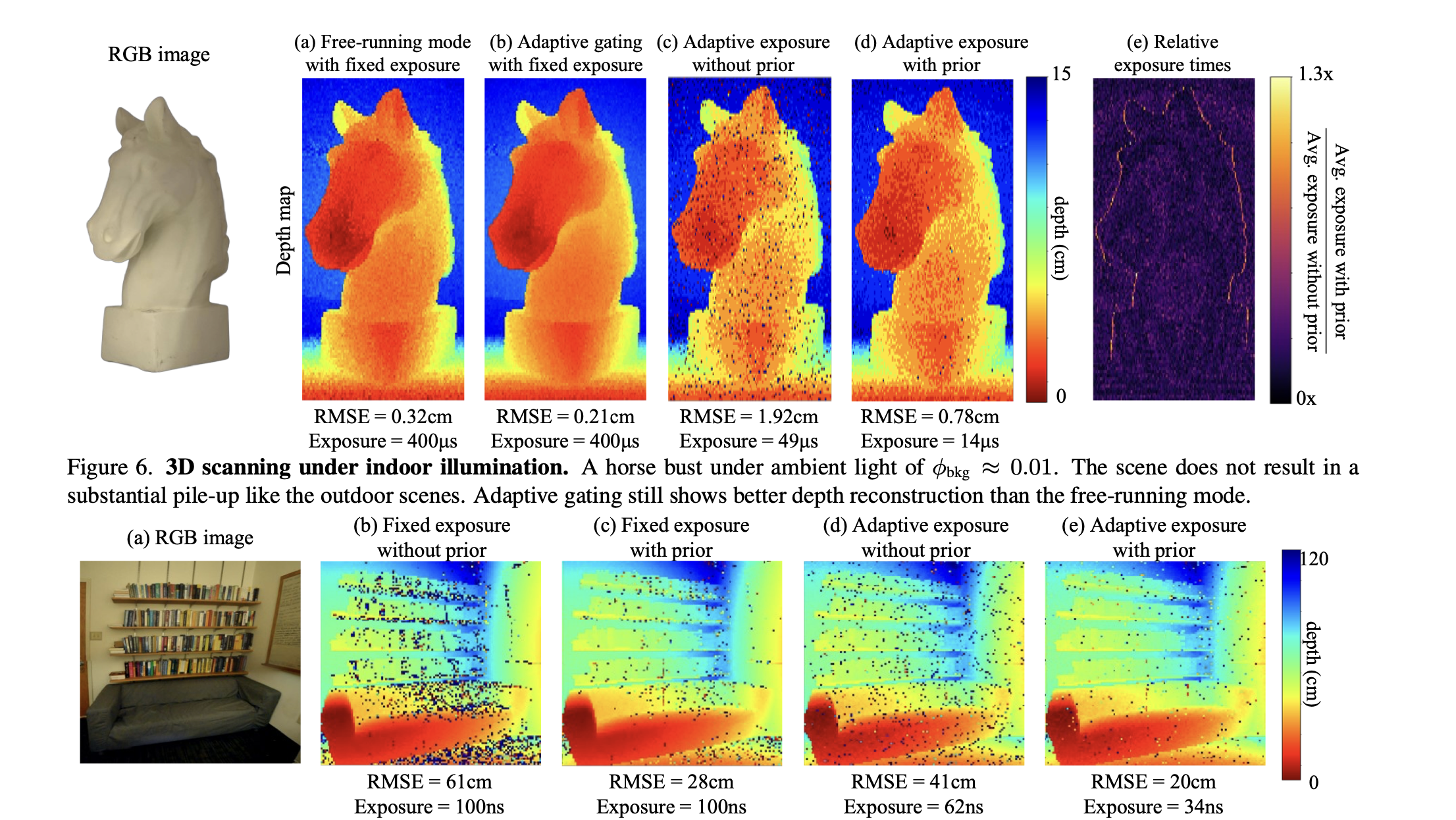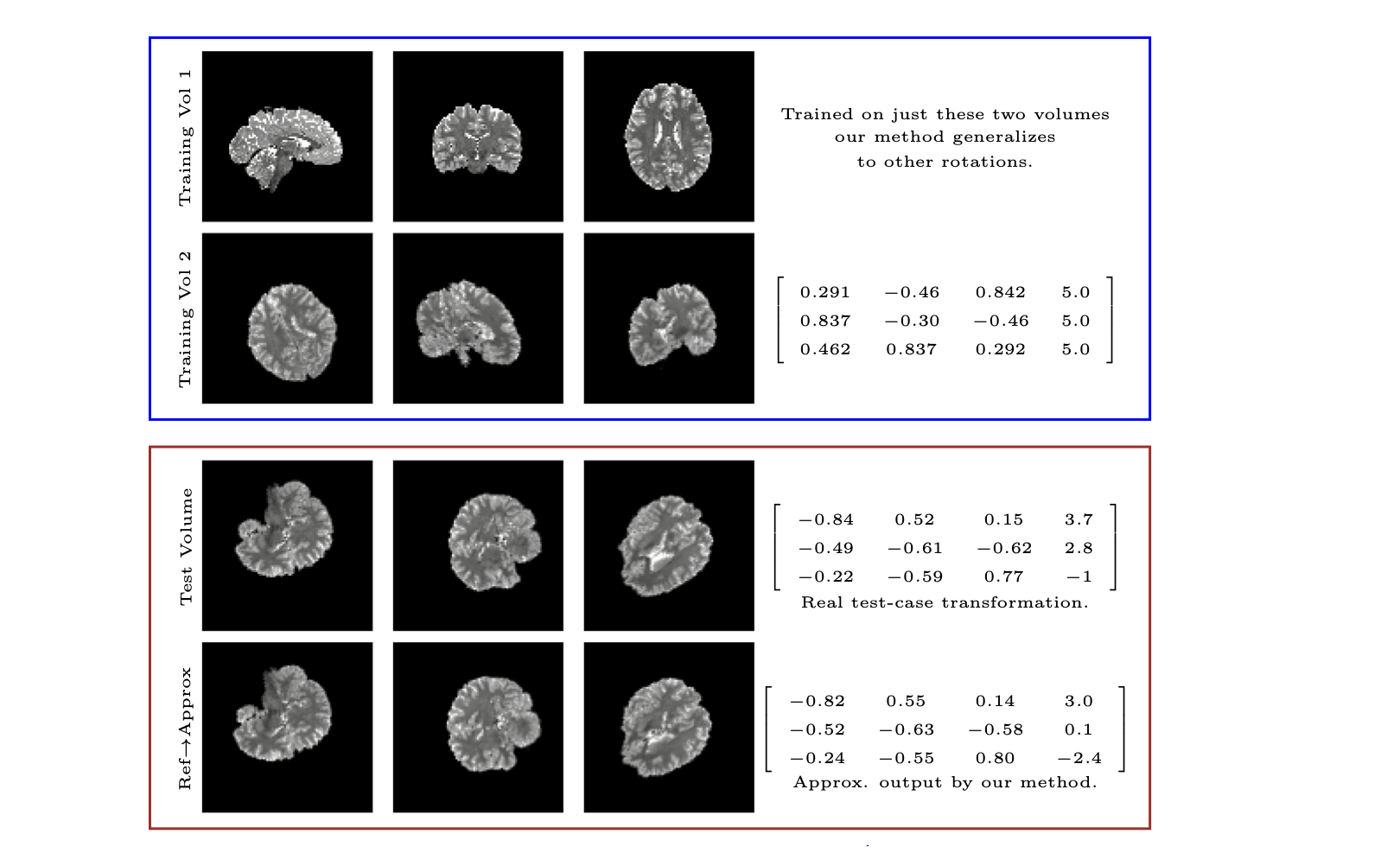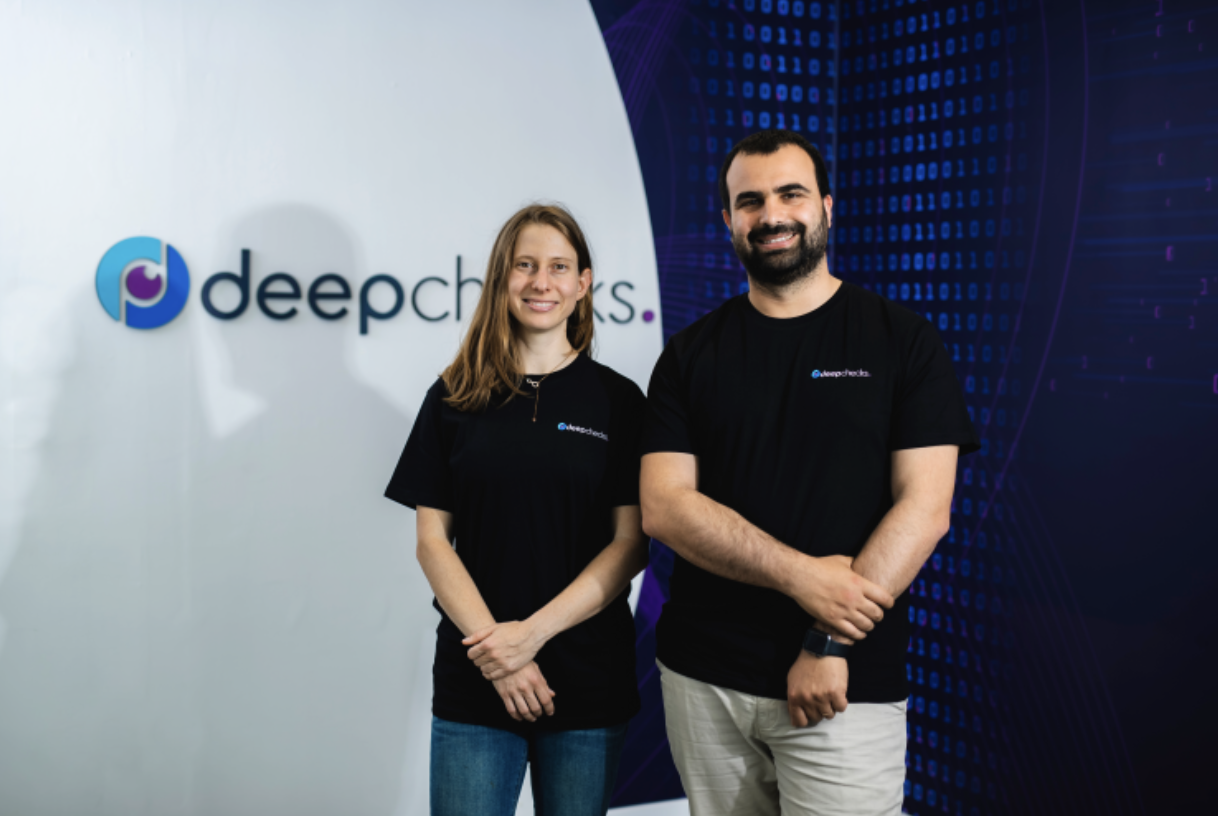Research:

For depth sensing applications, single-photon avalanche diodes (SPADs) are becoming more and more common. However, because of the effects of pile-up, SPADs still have trouble when there is a lot of ambient light. In order to reduce pile-up effects, conventional strategies use fixed or asynchronous gating. However, none of these gating schemes are adaptive because it is not possible to take into account elements like scene priors and previous photon detections. A Thompson sampling-based adaptive gating technique was proposed by Carnegie Mellon University researchers. In order to reduce depth mistakes, adaptive gating adjusts the gate location on a periodic basis depending on previous photon observations. Even while working outdoors in bright sunshine, their investigations demonstrate that their gating method considerably reduces the depth reconstruction error and acquisition time.

MIT researchers presented a cutting-edge object tracking approach for 3D images with a set computing cost. Earlier techniques used convolutional layers to predict transformation parameters. To maintain transformations between inputs and outputs, they instead developed an architecture that neither flattens convolutional features nor employs fully linked layers. From the filters' outputs, the transformation is then determined in closed form. Applications that need minimal latency, such real-time tracking, benefit from using this technique. They tested their model using both the intended use-case—fetal brain MRI—and artificially enhanced adult brain MRI.
Open Source News:

A new tool to assist developers working with large language models (LLMs) has just been released by the firm that created Ray, an open source AI framework that helps power ChatGPT. Anyscale refers to it as Aviary and calls it the "first fully free, cloud-based infrastructure designed to help developers choose and deploy the right technologies and approach for their LLM-based applications." Aviary is being made available as an open source project, just like Ray. The purpose of Aviary is to make it possible for programmers to choose the optimal open source platform for enhancing and expanding an LLM application. A pre-selected group of LLMs, including Llama, CarperAI, Dolly 2.0, Vicuna, StabilityAI, and Amazon's LightGPT, are available for developers to submit test prompts to.

Deepchecks, a machine learning operations (MLOps) firm, has released its open-source platform for continuously validating ML models. By bridging the gap between research and production, this new solution seeks to establish an ML safety and predictability standard. In addition, the business has received $14 million in seed capital. Grove Ventures and Hetz Ventures also participated in the investment round, which was led by Alpha Wave Ventures. The new tool from the company enables programmers to get visibility and confidence throughout the entire ML lifecycle, which includes development, deployment, and production activities.